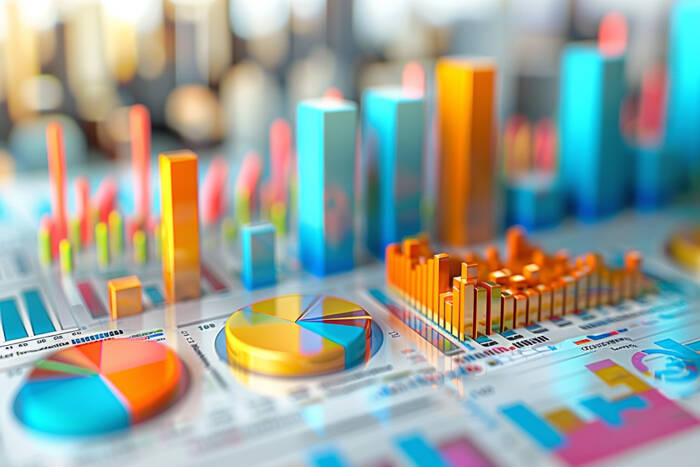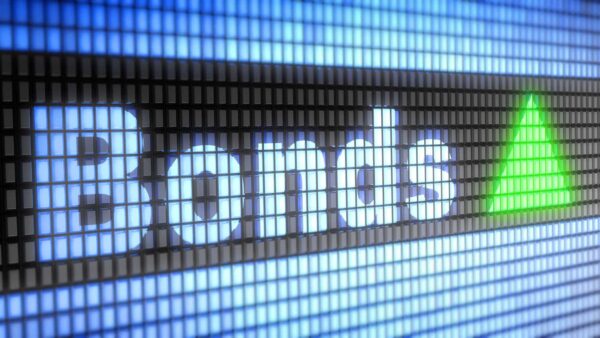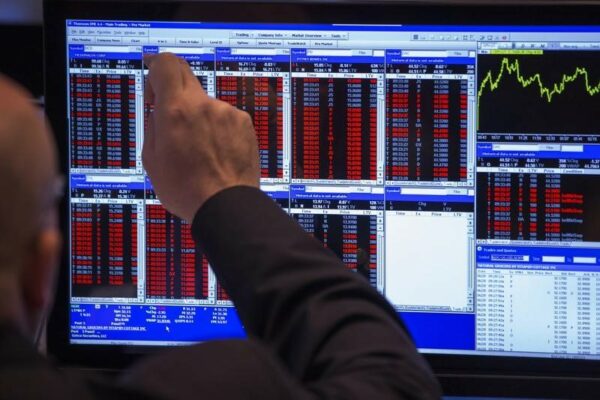US Economy Surges: Q2 GDP Hits 3.0%, Consumer Spending Booms, Job Market Strong

Inflation Remains a Concern
While growth figures paint a rosy picture, inflation indicators warrant attention. The price index for gross domestic purchases increased by 2.4%, slightly higher than previously estimated. The personal consumption expenditures (PCE) price index, a key inflation measure watched by the Federal Reserve, rose by 2.5%. Even when excluding volatile food and energy prices, the core PCE price index climbed 2.8%, indicating persistent inflationary pressures.
Mixed Signals in Personal Finance
Current-dollar personal income saw a substantial increase of $233.6 billion in Q2, with disposable personal income rising by 3.6%. However, when adjusted for inflation, real disposable personal income growth was more modest at 1.0%. The personal saving rate dipped to 3.3%, suggesting that consumers may be dipping into savings to fuel spending.
Corporate America: A Tale of Two Sectors
Corporate profits rebounded in Q2, increasing by $57.6 billion after a decline in Q1. Domestic financial corporations continued their upward trajectory, while nonfinancial corporations reversed their previous losses. However, profits from international operations saw a slight decline.
Job Market Remains Resilient Amid Economic Shifts
Unemployment Claims Edge Lower
In a sign of continued labor market strength, initial unemployment claims decreased to 231,000 for the week ending August 24. This figure, coming in below the forecasted 232,000, indicates that businesses are holding onto workers despite economic uncertainties.
Steady Unemployment Rate
The insured unemployment rate held steady at 1.2%, while the number of individuals receiving unemployment benefits saw a slight increase to 1,868,000. However, the four-week moving average of claims continued its downward trend, suggesting overall stability in the job market.
This article was originally published by a www.fxempire.com
Read it HERE






